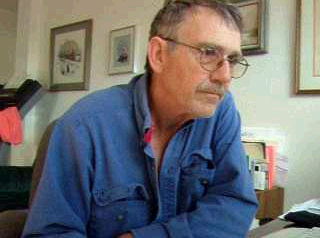Adam Smith’s An Inquiry into the Nature and Causes of the Wealth of Nations is the Bible of Capitalism.
“The word VALUE, it is to be observed, has two
different meanings, and sometimes expresses
the utility of some particular object, and
sometimes the power of purchasing other
goods which the possession of that object
conveys. The one may be called ‘value in use;’
the other, ‘value in exchange.’ The things
which have the greatest value in use have
frequently little or no value in exchange; and,
on the contrary, those which have the greatest
value in exchange have frequently little or no
value in use. Nothing is more useful than
water; but it will purchase scarce any thing;
scarce any thing can be had in exchange for it.
A diamond, on the contrary, has scarce any
value in use; but a very great quantity of other
goods may frequently be had in exchange for
it. Gold and silver, … like every other
commodity, vary in their value; sometimes
cheaper and sometimes dearer
The discovery of the abundant mines of America, reduced, in
the sixteenth century, the value of gold and
silver in Europe to about a third of what it had
been before. … when they were brought thither, they could
purchase or command less …a commodity which is itself continually varying in
its own value, can never be an accurate
measure of the value of other commodities.”
“The real price of every thing, what every thing
really costs to the man who wants to acquire
it, is the toil and trouble of acquiring it. What
every thing is really worth to the man who has
acquired it and who wants to dispose of it, or
exchange it for something else, is the toil and
trouble which it can save to himself, and which
it can impose upon other people. What is
bought with money, or with goods, is
purchased by labour, as much as what we
acquire by the toil of our own body. That
money, or those goods, indeed, save us this
toil. They contain the value of a certain
quantity of labour, which we exchange for what
is supposed at the time to contain the value of
an equal quantity.”
“Labour was the first price,
the original purchase money that was paid for
all things. It was not by gold or by silver, but
by labour, that all the wealth of the world was
originally purchased; and its value, to those
who possess it, and who want to exchange it
for some new productions, is precisely equal to
the quantity of’ labour which it can enable
them to purchase or command.”
“The value of any commodity,
therefore, to the person who possesses it, and
who means not to use or consume it himself,
but to exchange it for other commodities, is
equal to the quantity of labour which it enables
him to purchase or command. Labour
therefore, is the real measure of the
exchangeable value of all commodities.”
